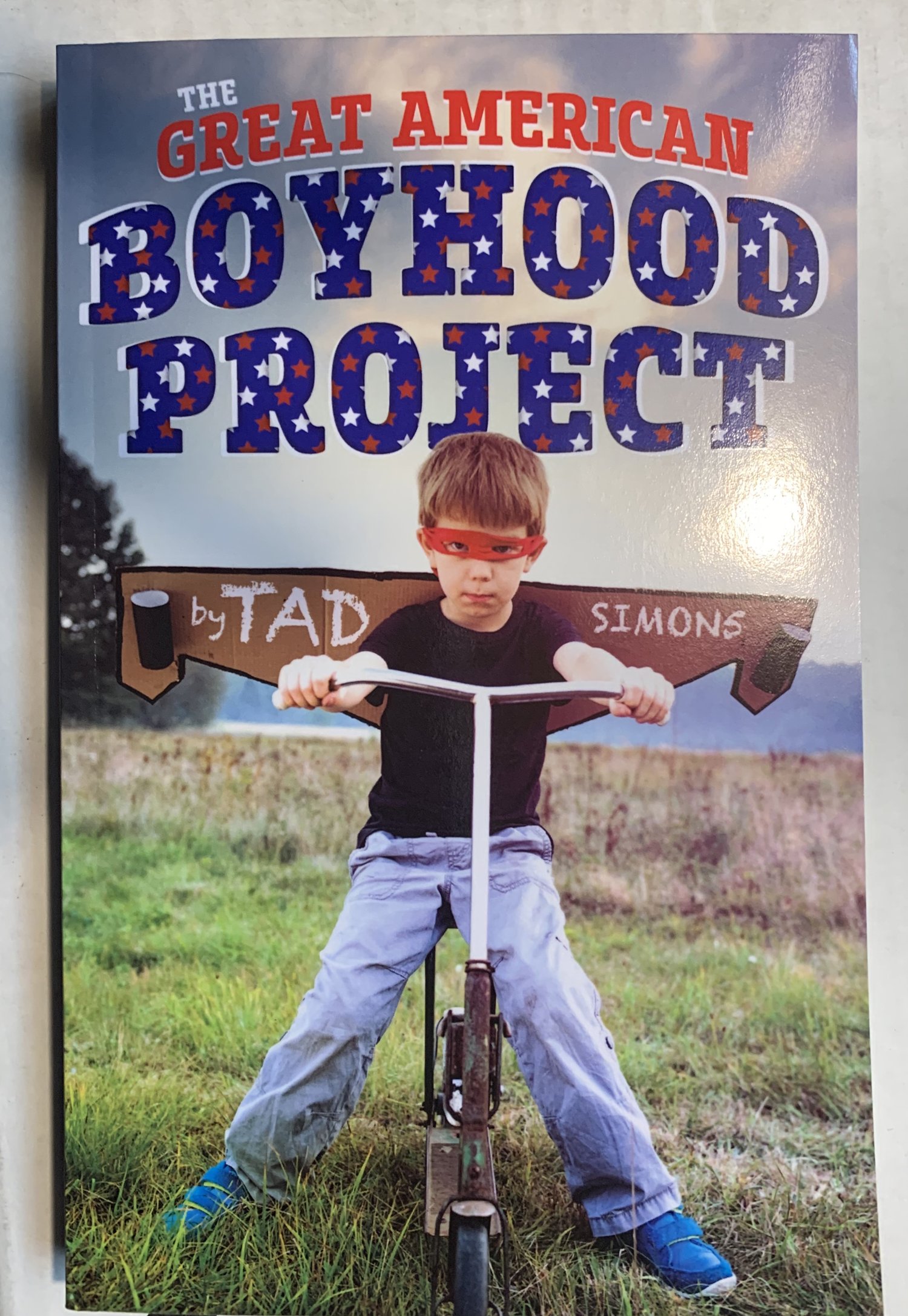All writers want to be taken seriously, but not all writers have the gravitas for literary greatness. If you want people to take your work seriously, however, there is one universal rule that cannot be broken, and that is: Under no circumstances should you ever try to make people laugh.
Comedy and literature simply don’t mix. Think about it: How many comedians are respected novelists? And how many novelists are doing stand-up?
None, that’s how many. In fact, only one person in history has ever successfully crossed the threshold of gloom, and that person was Mark Twain.
Twain’s secret was that he called himself a “humorist,” not a “comedian.” The difference between a humorist and a comedian is that the humorist makes you laugh inside your head, whereas a comedian makes you laugh out loud. Serious writers can get away with a little humor now and then, but the moment they actually make people laugh—the second someone has a convulsive physical response to their writing, not just a tingle in the brain that says ha ha, that’s clever—their reputation as a serious writer is over.
Mark Twain is beloved as a humorist because, ironically, his writing wasn’t all that funny. Go back and read Huckleberry Finn, and you’ll see what I mean. Ol’ Huck has a charmin’ way o’ talkin’, sure, and he’s kinda wise even tho’ he don’t got much in the way o’ eddication—but every time he says something kinda funny and you think you’re about to laugh, ol’ Twain pulls back and makes you think about something serious, like race relations between black and white people, or the moral difference between “borrowing” and “stealing.”
The reason Mark Twain stopped short of actually making people laugh is that he knew the dangers involved. All it takes is one or two guffaws to get a book pulled off high-school reading lists. And if, as a writer, you go all the way and make someone spit their coffee all over the carpet—well, let’s just say Terry Gross is never going to invite you into the NPR studios for a chat.
The reason for this antipathy toward laughter is that people who read books are, for the most part, a bunch of neurotic, self-loathing crybabies. They like to think of themselves as “intellectuals,” and in the world of intellectuals, the sadder and more depressing a subject is, the better. In fact, most intellectuals spend the bulk of their time consuming information that makes them sad (from The New York Times, Slate, CNN, The Atlantic, All Things Considered), then countering all that sadness with anti-depressants and weekly therapy sessions, all so they can go back out into the world and consume more sadness.
Around and around it goes. That’s why intellectuals love books with sad names, like Bleak House, The Crying of Lot 49, or Harry Potter and the Deathly Hallows—books that make you wonder if life on the speck of star dust we call Earth has any meaning in the vast cosmic scheme of things. That’s as far as it goes, though. The moment you, as a writer, take the “s” out of cosmic and suggest that life might actually be a joke—or worse yet, the moment you tell a joke about life—your literary cred is toast.
The trouble is, intellectuals equate “seriousness” with honesty, sincerity, and anything having to do with World War II. And because they live in their heads and take so many pills, they lend a great deal of importance to anything that makes them feel an emotion through all that medication. If you can make them cry, they’ll give you a Nobel Prize. Intellectuals also love to crunch their eyebrows and shake their heads with disapproval when they read. But that’s all the motion they can handle, because if they move their heads any more than that (by laughing, say), they’ll lose their place.
The point of all this is that if your goal is literary greatness, shelve the funny stuff and dig right into the morbid and blue. Use a little humor if you must, but only to lighten the mood before descending again into the darkness, where the smart cave people live, waiting once more for a chance to weep.
